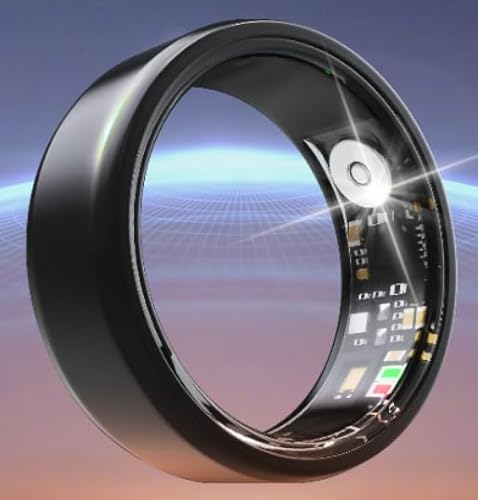The key isn't really whether you have them, but what kind they are. Often, when a valve is getting closer to needing replacement, the growth of the left ventricle can affect how smoothly the electrical impulses pass through the growing muscle tissue and how precisely the tissue responds to them. The same happens when the heart remodels (shrinks back to its normal size) after surgery.
Palpitations generally refer to PACs and PVCs (Premature Atrial or Ventricular Contractions), which are extra beats, named for their points of origin. They are referred to as being benign, as they cause no apparent damage and affect the bloodflow in only the most minimal amount.
PVCs and PACs are noticed more often by valve patients because of our coronary hyperaesthesia. We are extremely aware of everything going on with our hearts. As you point out, they are very common in - if less noticed by - non-heart patients as well.
In any description of PVCs and PACs, you will find cardiac valvular issues listed as a primary cause.
If you have excessively long bouts of them, or they are accompanied by dizziness or pain, or you're just plain getting worried about them, you can ask your cardiologist to put you on a Holter monitor overnight, to determine what type they are. At least then you can sleep peacefully, knowing what they are.
Best wishes,























